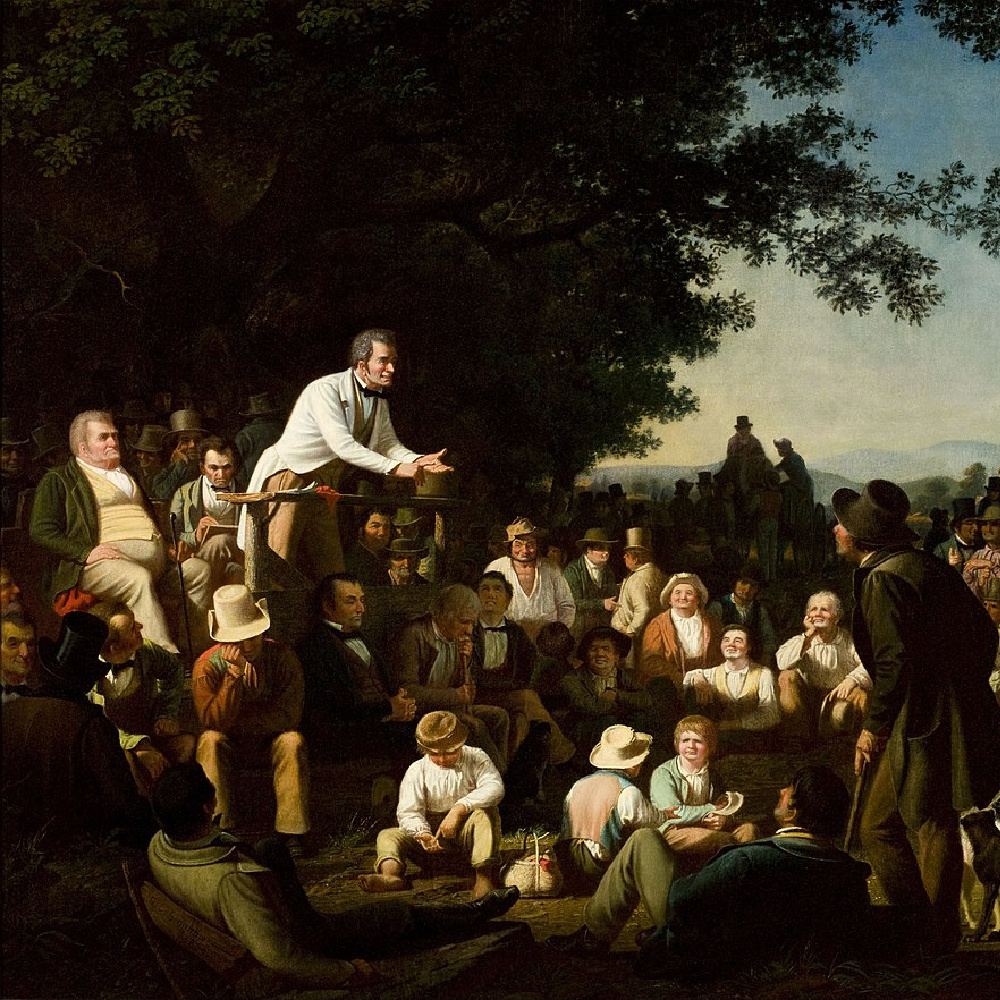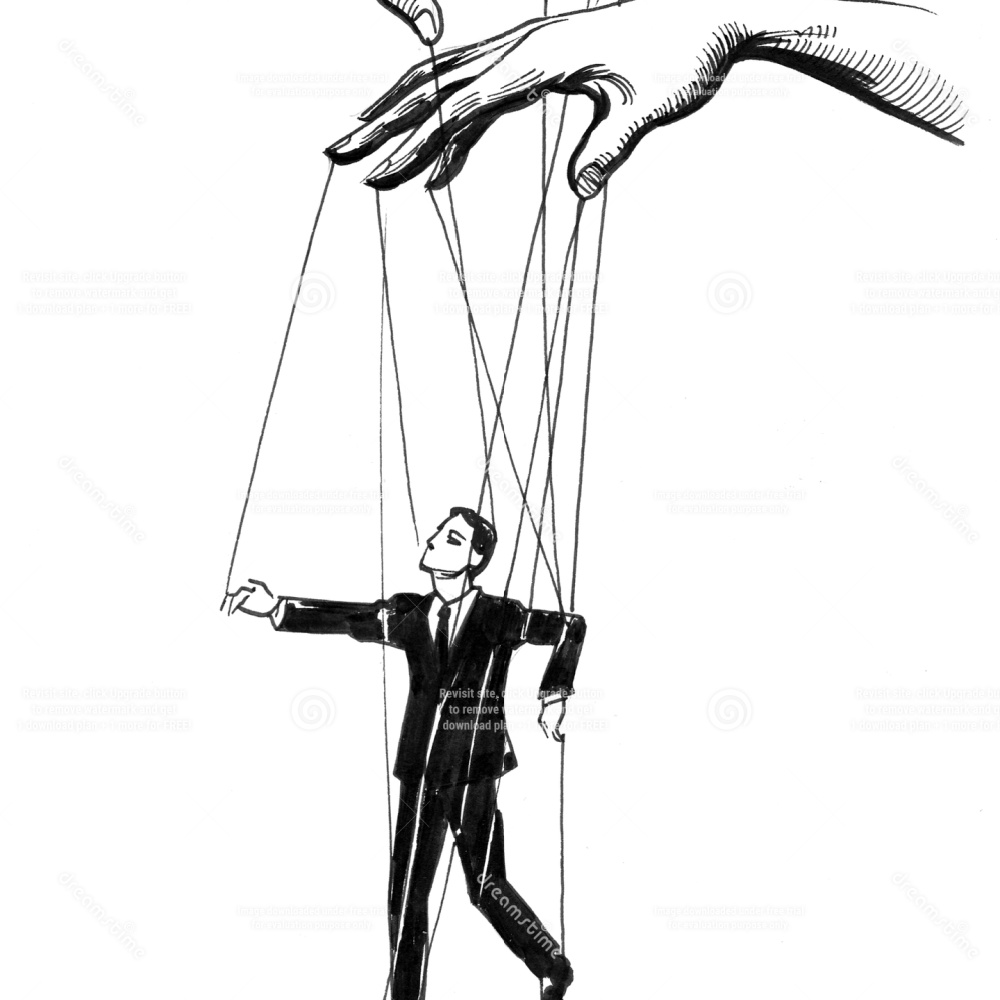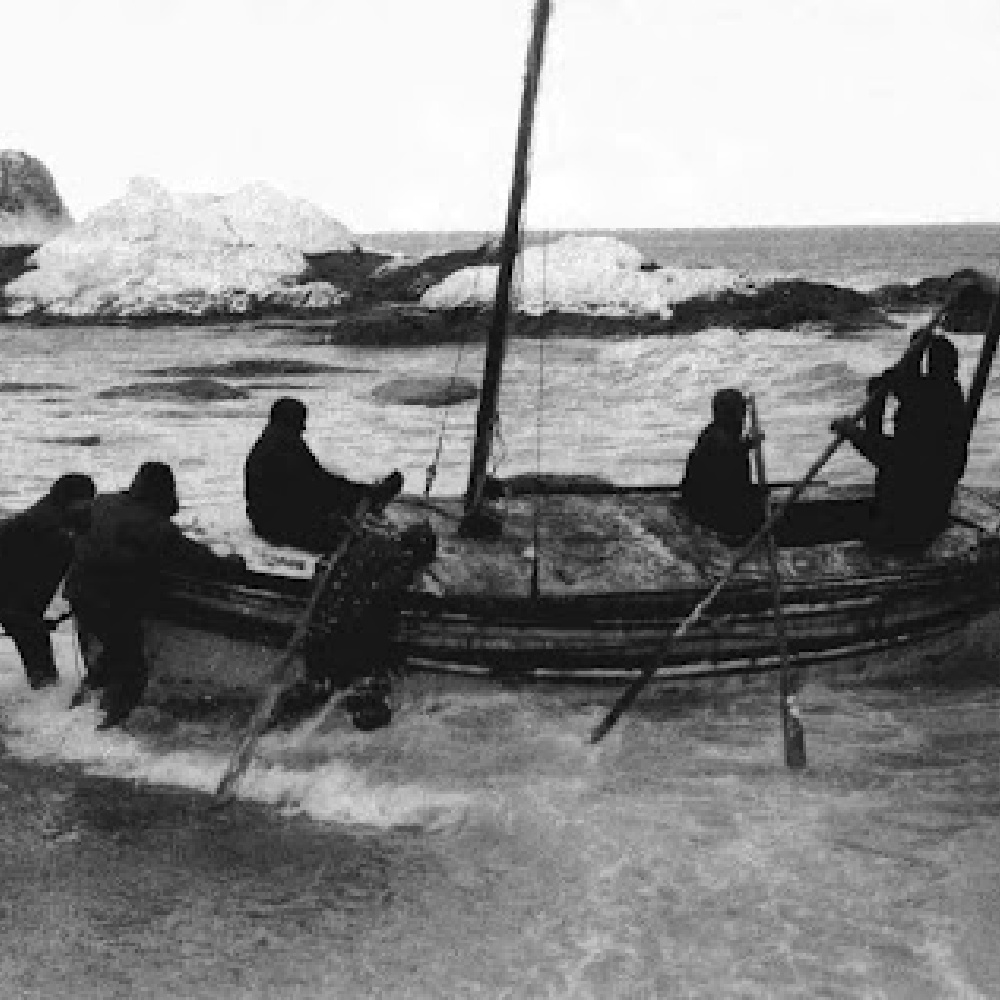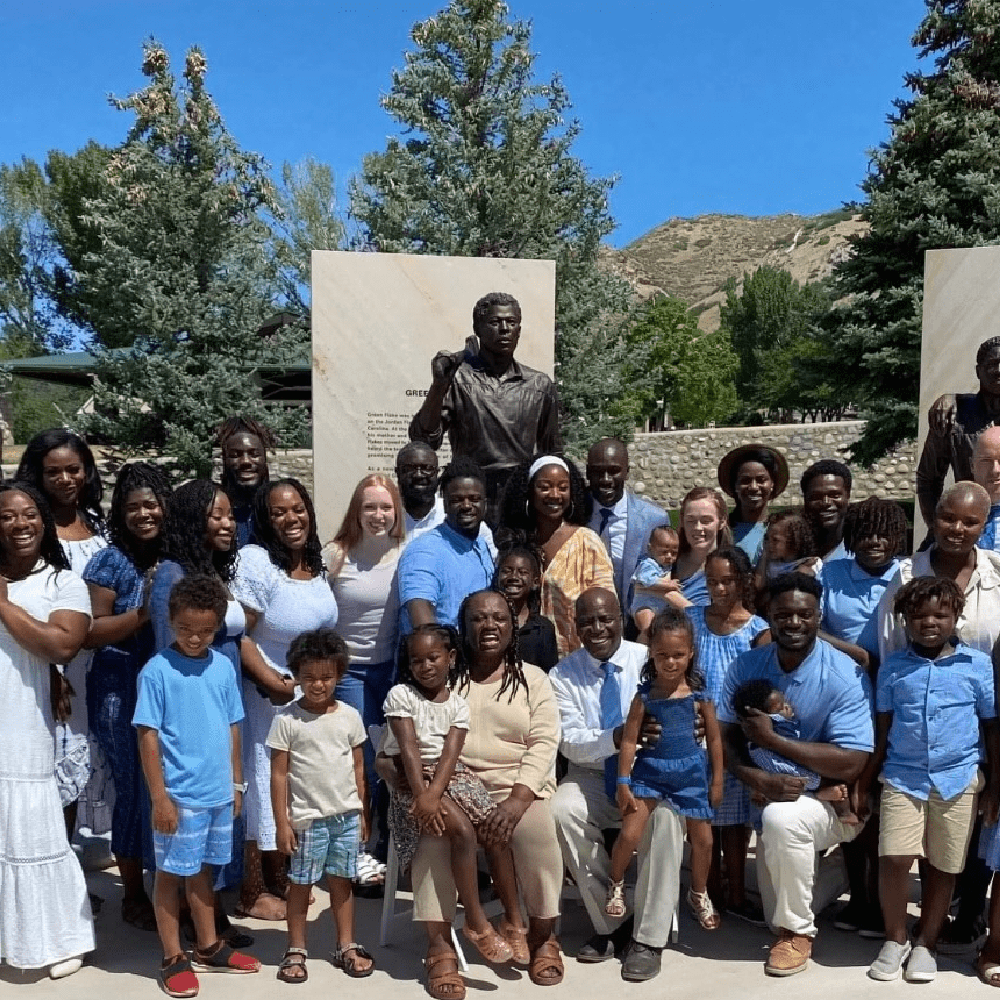
Talking to Kids (and Adults) About the Culture War
Framing questions about culture war topics can go a long way toward understanding. It’s ok for others “to have a different religion than us.”

Framing questions about culture war topics can go a long way toward understanding. It’s ok for others “to have a different religion than us.”

It’s increasingly common to hear people point towards laws compelling reporting as the answer to our child abuse crisis. Yet the research doesn’t back this up – highlighting a number of complications that need more attention.

When someone hears something that wasn’t said, it could be revealing a deeper pain. Recognizing that might provide a pathway to greater healing together.

It’s surprisingly easy for people online to pretend to be someone they are not. Don’t be fooled. Learn how to spot a propagandist masquerading as a truth-teller.

It takes faith to earnestly consider one another’s stories and courage to examine our own. But how else can we find greater unity amidst mounting discord?

How a Judeo-Christian concept went awry and became another way to divide America.

A retrospective on Elder Jeffrey Holland’s BYU staff talk and what the fierce response by some suggests about this distinctive school’s place in the ailing American university system.

An undercurrent of envy can poison relationships, breed division, and chase away joy. Let’s overcome covetousness so we can find a life of abundance instead.

When social scientists overstate the role of surrounding causes and conditions, they fundamentally misrepresent the nature of human experience—while undermining fundamental moral agency, accountability, and possibility itself.

When you reflect on some of the basic underpinnings of unity, it’s alarming to see how effectively these foundations are being undermined all around us today.

A conversation with Mauli Bonner, who with Tamu Smith, were the trailblazing force in establishing new monuments to Black pioneers arriving in Utah in 1847 – and whose work also points towards a vibrant path of racial healing in America today.

In our efforts to communicate love and inclusiveness, we may sometimes send messages that mean quite a bit more than what we had intended.